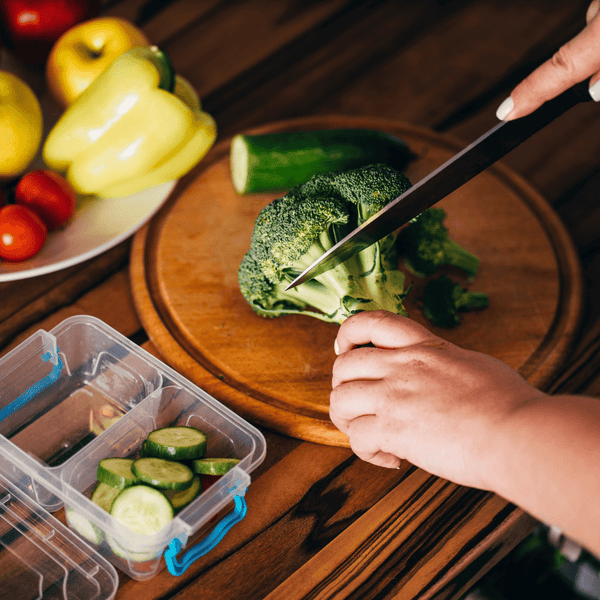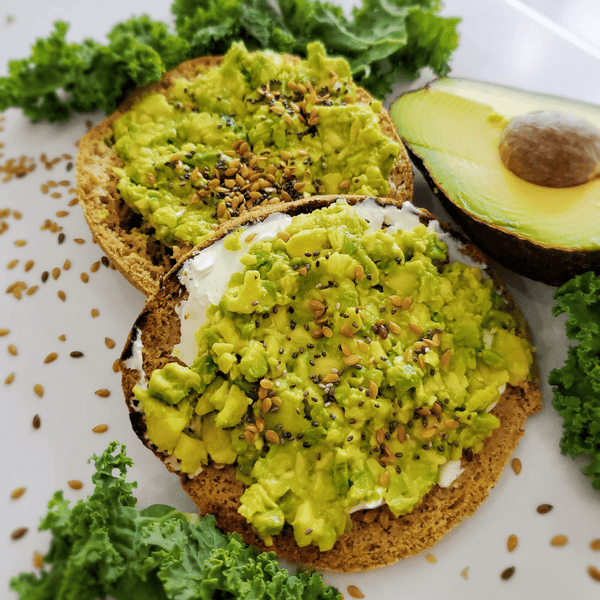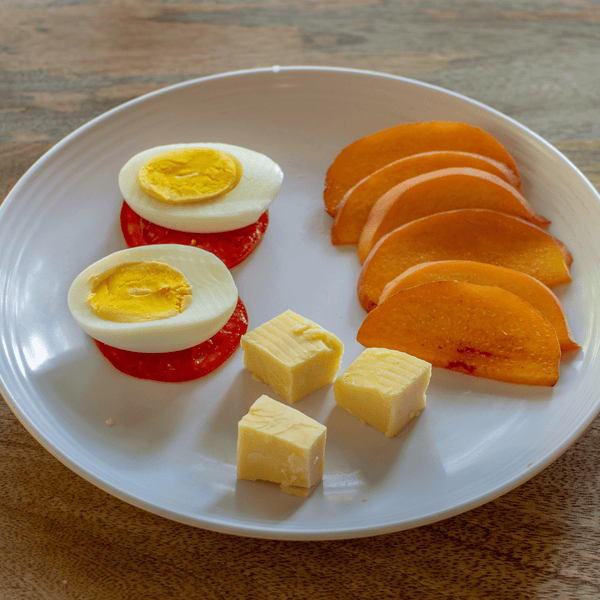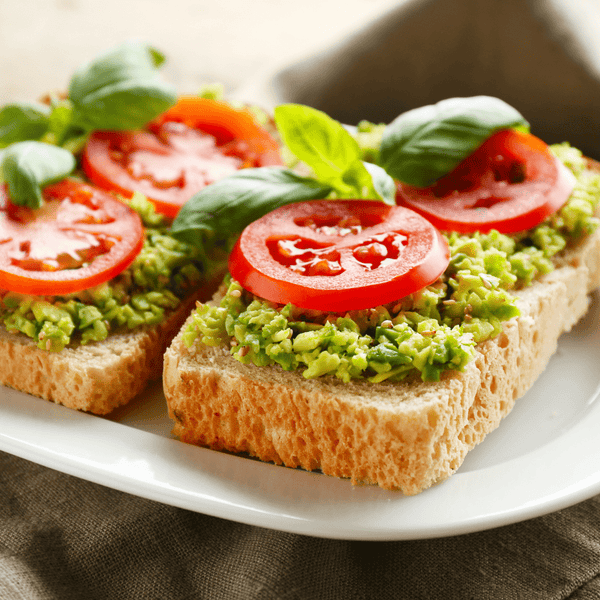700-Calorie a Day Diet
When you hear about consuming just 700 calories a day, it’s hard not to raise an eyebrow. As tempting as it might be to fast track your weight loss, eating only 700 calories a day sounds like the ultimate crash diet.
There's the promise of weight loss, but there’s also the risk of potential consequences. This can get confusing.
To help you overcome this dilemma, this guide takes an honest look at the 700-calorie diet-its potential benefits, the risks you should be aware of, and practical tips to go about it safely if you wish to commit to it.
Whether you’re considering this as a short-term solution or simply curious, let’s break it all down for you. Before diving into extreme calorie restriction, it's important to understand your baseline needs—read our guide on how many calories should I eat per day to determine what's right for your body.
What Exactly Is The 700-Calorie Diet?
The 700-calorie diet is a type of very low-calorie diet (VLCD) designed to help individuals lose weight rapidly. It’s often used under medical supervision, especially for people with obesity-related health conditions who need to lose weight quickly.
The idea is pretty straightforward, you dramatically reduce your calorie intake, and your body starts burning stored fat for energy. While this can lead to quick weight loss, it’s not something to take lightly. Please note that there are risks involved, and it’s not for everyone.
For most people, this diet isn’t a long-term solution. It’s more of a short-term strategy that needs careful planning to ensure your body still gets the nutrients it needs to function properly. For comparison, explore other calorie-restricted approaches like the 600 calories a day, 800 calories a day, 900 calories a day, 1000 calories a day, and 1300 calories a day diet plans to find what works best for you.
Benefits of a 700 Calories a Day Diet
Every cloud has a silver lining, as does this one. Here are some benefits that you could reap from eating only 700 calories a day:
1. The Promise of Fast Weight Loss
Let’s be real- most people try such extreme diets because they want quick results. Eating 700 calories a day creates a big calorie deficit, and the weight tends to drop quickly, sometimes within days.
2. It Simplifies Your Choices
With only 700 calories to work with, meal planning isn’t overwhelming. You stick to a few nutrient-dense foods, which makes grocery shopping and cooking more straightforward.
3. You Learn Portion Control Fast
On this diet, you quickly understand how much (or how little) you can eat to hit your calorie target. This heightened awareness of portion sizes and calorie content can help you develop healthier habits going forward.
4. It’s a Motivational Kickstart
Seeing the scale move downward quickly can be super motivating. It’s like a jumpstart for your weight loss journey, giving you the push you need to commit to healthier habits. Understanding the weight loss process can help set realistic expectations—check out our guide on female stages of weight loss to know what to expect at each phase of your journey.
Sample 700-Calorie Meal Plan to Get You Started

Planning your meals is very important to maximize your calorie allowance while still getting essential nutrients. Here’s a snapshot of a typical day:
Breakfast (150 calories):
- Scrambled egg whites (4 large)
- Spinach and mushrooms sautéed in a tiny amount of olive oil
-
Black coffee or herbal tea
Lunch (250 calories):
- Grilled chicken breast (3 oz)
- Steamed broccoli (1 cup)
-
Mixed greens with a drizzle of lemon juice
Snack (100 calories):
- A handful of strawberries (1/2 cup)
- OR one of our gut friendly and portion controlled 100 Cal Snacks: protein chocolate bars, protein puffs, peanut butter protein bar Explore our full range of low-calorie snacks for weight loss and best zero-calorie snacks for weight loss for more guilt-free options.
Dinner (250 calories):
- Tofu stir-fry with zucchini, bell peppers, and a splash of soy sauce. Sprinkle with sesame seeds for flavor.
The Dark Side: Risks and Challenges of a 700-Calorie Diet
While the benefits can be tempting, there are serious risks to consider:
1. Nutrient Deficiency
It’s tough to get all the vitamins and minerals your body needs on just 700 calories, leading to fatigue and weakened immunity. To support your nutritional needs during restrictive dieting, focus on high-volume low-calorie foods and learn about no-calorie foods that can help you feel fuller.
2. Muscle Loss
Insufficient caloric intake can cause your body to break down muscle for energy, making weight maintenance harder. Maintaining muscle is crucial—discover how much protein you need to build muscle and explore our high-protein snacks to protect your lean mass during weight loss.
3. Slow Metabolism
A drastic reduction in calories can trigger your body to enter "survival mode," slowing down metabolic processes and hindering future weight loss.
4. Mental Strain
The psychological effects of such a restrictive diet can lead to irritability and an unhealthy relationship with food. Managing hunger is key to success—learn effective strategies in our articles on how to suppress appetite and how to stop being hungry naturally.
5. Physical Side Effects
Common issues like dizziness, fatigue, and headaches can arise, making daily activities challenging.
Who Should Avoid This Diet?
Individuals with a history of eating disorders, those on specific medications, or anyone with underlying health conditions should steer clear of the 700-calorie diet. Pregnant or breastfeeding women should also avoid such extreme caloric restrictions. Always consult a healthcare professional before embarking on a restrictive diet. For safer, more sustainable approaches to weight loss, consider our 7-day protein diet plan for weight loss or explore comprehensive meal plans for weight loss that provide better nutritional balance.
What Happens After the Diet? Keeping the Weight Off

Losing weight is only half the battle, keeping it off requires a thoughtful approach. Or else you can end up undoing the process:
1. Slowly Add Back Calories
Gradually increase your daily intake by 100–200 calories per week. This helps your metabolism readjust without overwhelming your system.
2. Stick with Healthy Choices
Focus on whole, nutrient-dense high protein foods. Avoid processed and sugary foods that can lead to weight gain. Build your meals around nutritious options—check out our guides on healthy breakfast ideas, low-calorie breakfast, high-protein lunch, low-calorie dinner ideas, and high-protein dinner for complete daily nutrition.
3. Watch Your Portions
Even as you increase your calorie intake, be mindful of portion sizes to avoid overindulging.
4. Build a Sustainable Routine
Create a balanced eating and exercise routine that fits your lifestyle. Consistency is key to long-term success. Understanding your body's needs is essential—learn about what is a calorie surplus to avoid weight regain, and discover calorie deficit tips for women for sustainable results.
What Exercise Works Best With a 700-Calorie Diet?
Pairing exercise with a restricted diet can be tricky. You don’t want to overdo it and burn out. Here’s how to stay active without pushing your body too hard:
1. Stick to Low-Intensity Workouts
When you’re eating so few calories, your energy levels might not support intense exercise. Try beginner fitness programs, or low-impact activities like walking, yoga, or stretching are great options to keep you moving without overexerting yourself. Looking for fitness inspiration? Explore various workout challenges to keep your routine interesting while staying within your energy limits.
2. Add Light Strength Training
Incorporating light strength training can help you maintain muscle mass while losing weight. Try short, 10–15-minute sessions using bodyweight exercises like squats, lunges, or push-ups. Fuel your workouts properly with pre-workout snacks and pre-workout meals that won't break your calorie budget.
3. Skip High-Intensity Workouts
Avoid high-intensity workouts like HIIT or long-distance running, as these require more energy than your body can provide on a 700-calorie diet.
Staying Sane: Balancing Body and Mind While Dieting
A restrictive diet can be tough, not just on your body, but on your mind too. Here’s how to stay balanced and focused throughout the process:
1. Listen to Your Body
Pay close attention to how you’re feeling. If you’re constantly dizzy, fatigued, or irritable, it might be a sign that the diet isn’t working for you. Adjust as needed or consult a professional.
2. Practice Mindful Eating
Take your time with meals. Savor every bite, chew slowly, and avoid distractions like your phone or TV. This can help you feel more satisfied with smaller portions. Understanding nutrition labels helps you make informed choices—master this skill with our comprehensive food label guide.
3. De-Stress Regularly
Stress can lead to overeating or emotional eating, which can derail your progress. Incorporate stress-relief practices like meditation, deep breathing, or gentle yoga into your daily routine.
4. Get Enough Sleep
Sleep is incredibly important for both weight loss and general well-being. Aim for 7–9 hours of quality sleep every night to help your body recover and stay energized. The right bedtime snack can support both sleep and recovery—discover the best snacks before bed and learn about protein bars before bed for overnight muscle support.
Achieve Your Fitness Goals With 100 Cal Snacks
When adopting a 700-calorie-a-day approach, it becomes important to include snacks that are both satisfying and nutritious. That’s where our 100 Cal Snacks step in to save the day. Made with 100% natural ingredients and only 100 calories per serving, these snacks are the perfect companion to your diet. They keep you on track while still letting you indulge.
What makes them even better? They’re incredibly gut-friendly. We’ve carefully crafted each snack with clean, optimal ingredients that support digestion, reduce inflammation, and even improve gut motility. With no added sugars or sugar alcohols, you can enjoy worry-free snacking that won’t sabotage your weight loss efforts. All our snacks support digestive wellness—learn more about best foods for gut health and explore which worst foods for gut health to avoid during your weight loss journey.
Our Chocolate Protein Bars are a rich, decadent treat that’s perfect for curbing those sweet cravings. Craving something savory? Our Barbeque Protein Puffs deliver a satisfying crunch and bold flavor, making dieting feel far less restrictive. And don’t miss out on our Peanut Butter Protein Bars, which offer a creamy, protein-packed 100 calorie snacks packs to boost to keep you fueled. Browse our complete collections: protein bars, protein puffs, keto snacks, vegan snacks, gluten-free snacks, and low-carb snacks to find your perfect fit.
All of our snacks are vegan, non-GMO, and are healthy snacks for weight loss journey without compromising on taste or nutrition. Need snacking ideas for different times of day? Check out our guides on office snacks, evening snacks, and healthy snacks for work to stay on track throughout your day.
Stay motivated, celebrate every small victory, and be kind to yourself along the way. Your health goals are absolutely within reach, and with 100 Cal Snacks, you have the perfect partner to help you crush them. Let’s make this journey a success, one snack at a time!
Remember, extreme calorie restriction isn't for everyone. If you're looking for gentler approaches, consider intermittent fasting or learn what you can drink while fasting to support your weight loss goals in a more sustainable way.
